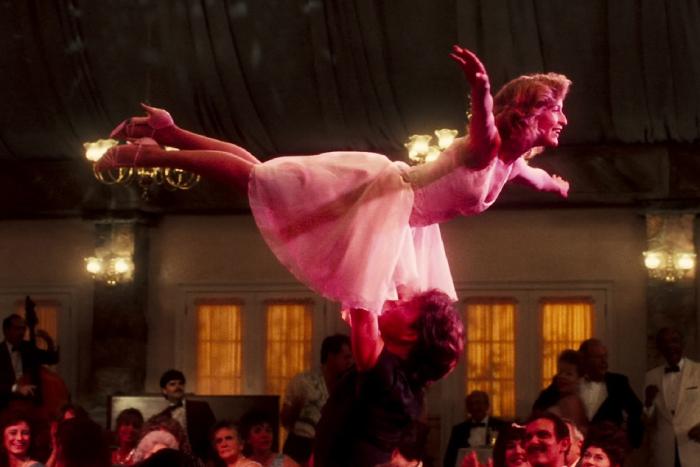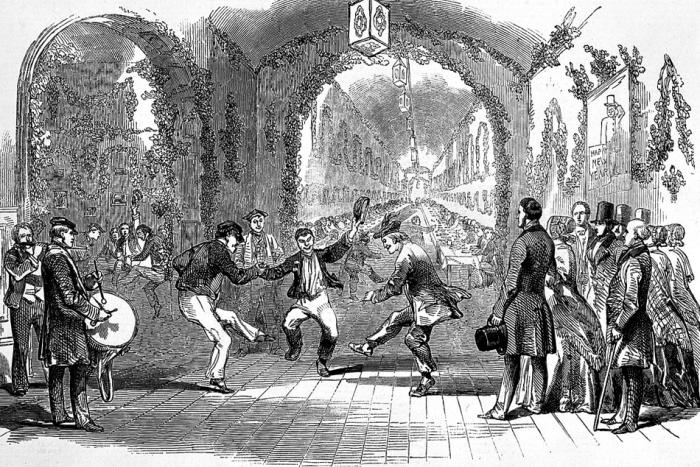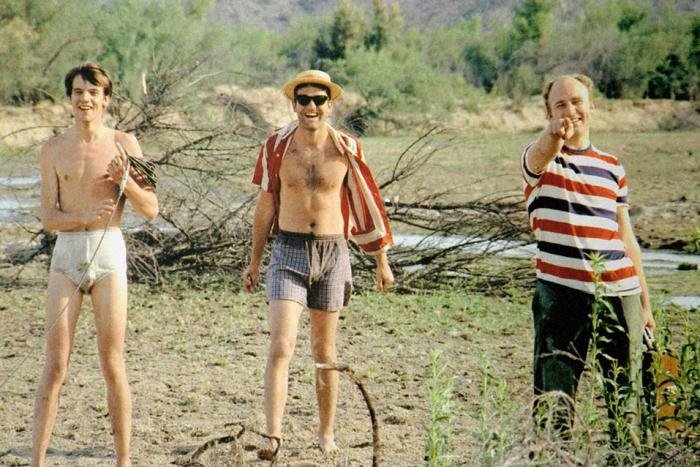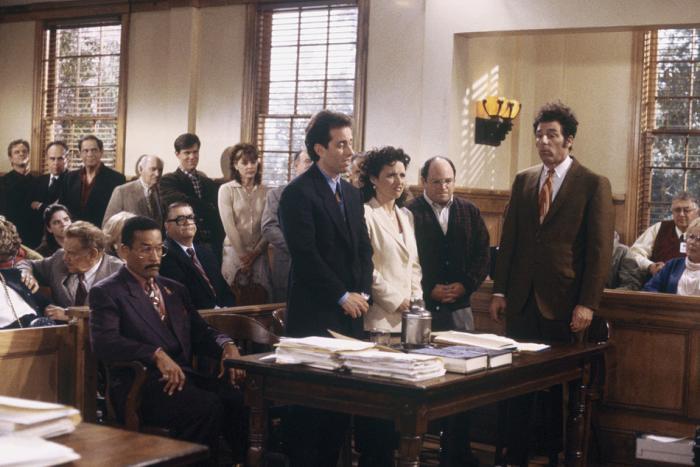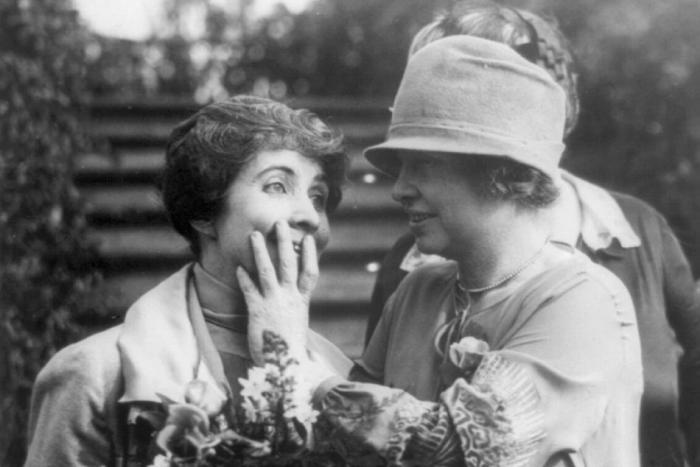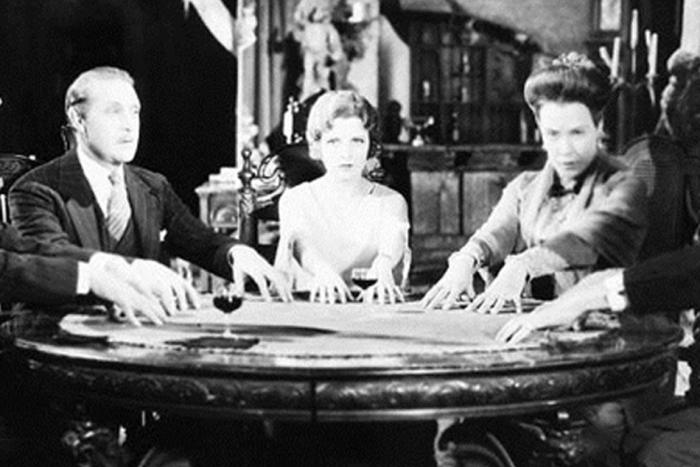Robert of Timothy Findley’s The Wars is a survivor, and he curses himself. What does it mean to be the sole survivor?
Tangent
The Latest
Can learning the Lindy Hop make you a better thinker, doer, internet user? Lessons from Daniel Levitin’s The Organized Mind hint that it might
Lawrence Wright's Thirteen Days in September shows how even horrible legacies can stand for beautiful ideals.
Attending "lunatic balls"—public parties held at mental asylums—was once considered a kind of civic duty. What was learned?
Fun is many things: youthful rebellion, civic duty, blue wig. And thanks to its hazy definition, fun can feel like an obligation you're failing to meet. John Beckman's American Fun helps explain why fun has us so perplexed.
Comedy writers—including some of those featured in Mike Sacks’ new Poking a Dead Frog—used to worry that connectedness would kill the sitcom. But if old sitcoms were about the scarcity of information, today’s are about too much.
All faces are lies—we adjust them to match the selves we want to present—but the faces of the blind show the difference between what we perceive and what is there.
In the 19th century, Spiritualists invoked “Indian guides” at their séances. White mediums rendered these ghosts about as sensitively as one might expect, but their words are more surprising.
In 1976, William H. Gass wrote a philosophical inquiry into blue that was really more about language. Turns out that how we see “blue” can tell us a lot about how we see the world.
Pagination
- Previous page
- Page 2
- Next page


